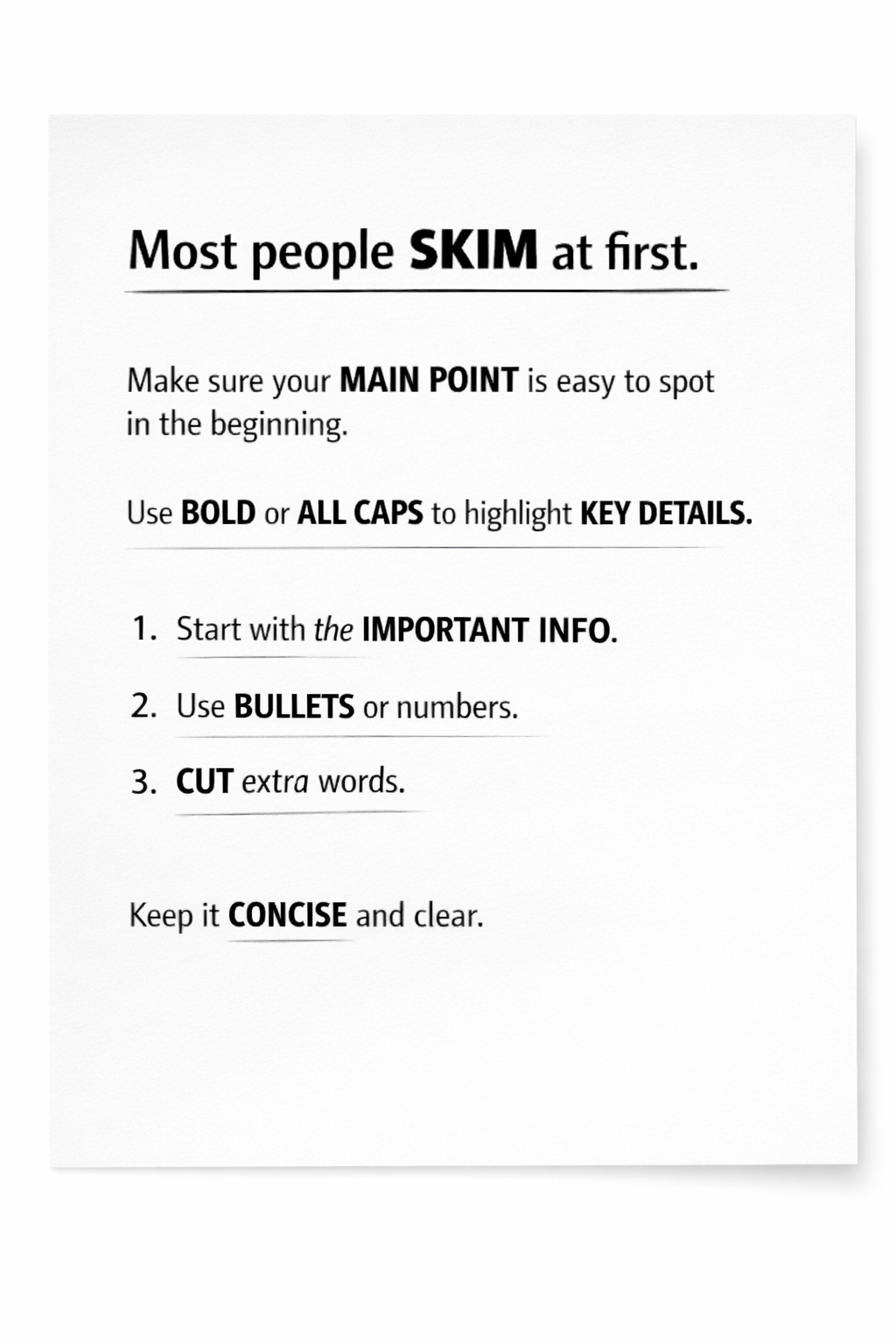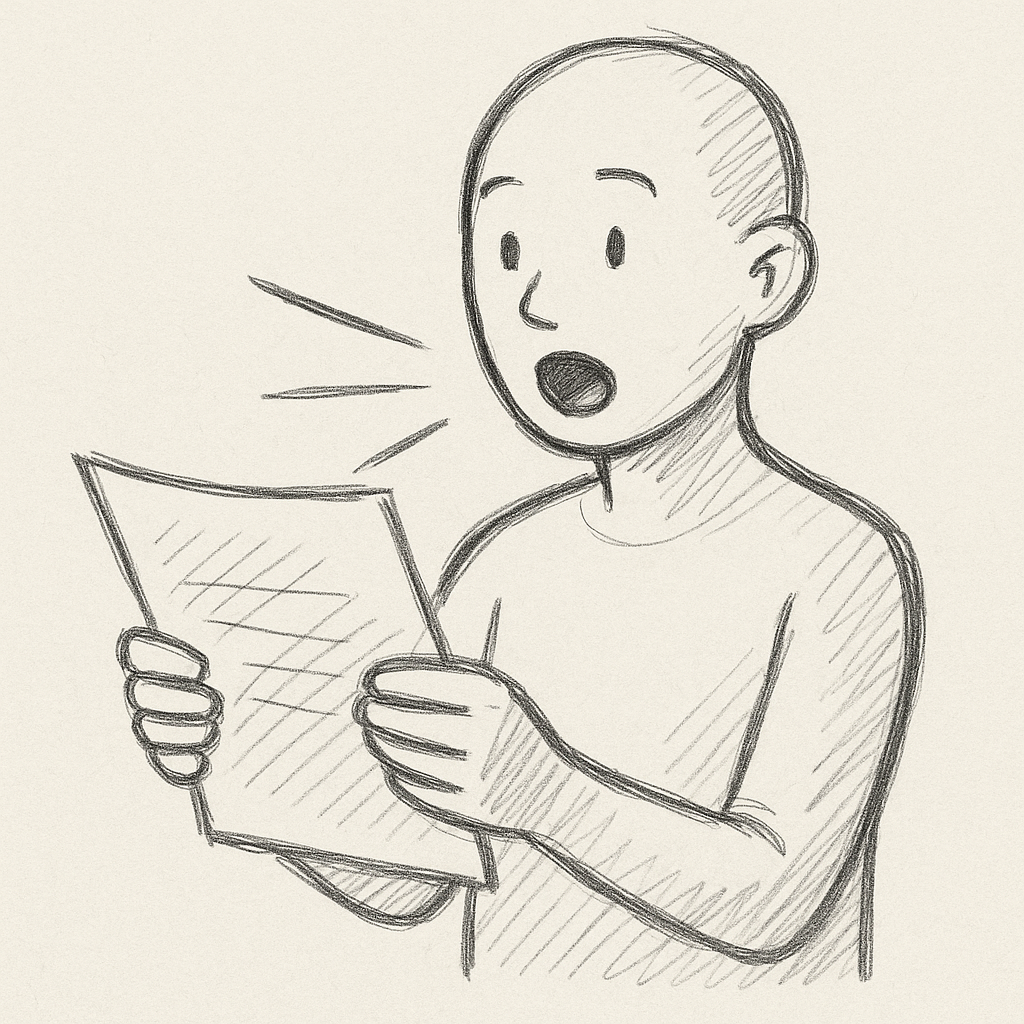Nib #69 Avoid Weasel Words
Good writing clarifies. Weasel words confuse.
These are the qualifiers, the caveats, the punch-pullers — the words and phrases that undercut all the other words in your sentences. You know the ones: almost, somewhat, relatively, arguably, might, potentially, and in many ways. We call them “weasel words” after that animal’s habit of cracking a hole in eggshells to suck out the yolk. If you’re not careful, that’s what they will do to your writing.
So, don’t write that you’re “somewhat happy”; just be happy. If that doesn’t describe your feelings, find the single word that does: content or wistful or even okay. If you can’t commit to a certain word, find another.
In persuasive, political writing, don’t assert that a proposed tax cut will “arguably create up to as many as potentially two million new jobs.” Instead, say it will create as many jobs as you’re prepared to assert without the hedge. Otherwise, the audience won’t be dazzled by the “two million new jobs” — they will be suspicious of whatever your weasel words are hiding.
If a point needs more precision, support it with facts rather than caveats. “An NIH study found that 98 percent of patients taking the drug reported no negative side-effects” is much stronger than “Almost everyone who took the drug had few or no side-effects.”
Sometimes you will need qualifiers (like ‘sometimes’ at the beginning of this sentence!) — to limit a claim or in moments when softening a point is the point. But use them sparingly — weasel words can shield you from overpromising, but only at the expense of your credibility.
Better to use strong language for modest claims than weak language for bold ones. Don't let weasel words suck the clarity out of your writing.
Until next week… keep writing!











